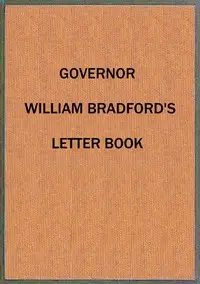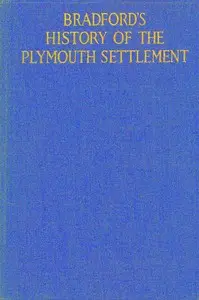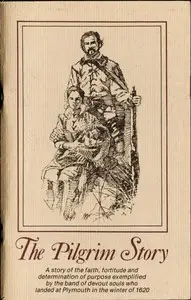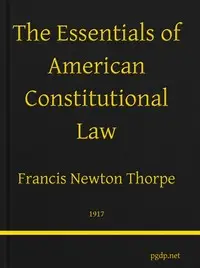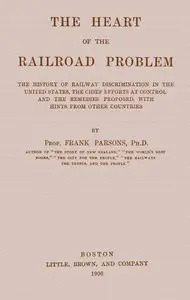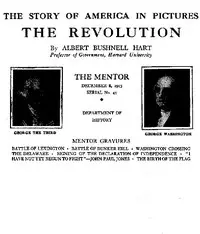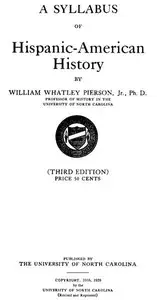"Governor Bradford's First Dialogue: A Dialogue, or the Sum of a Conference Between Some Young Men Born in New England and Sundry Ancient Men That Came Out of Holland and Old England" by William Bradford, recounts conversations among early New Englanders, exploring their religious beliefs and the governance of their church. This historical piece captures the discussions between young men seeking wisdom and experienced elders from Holland and England regarding their faith. They grapple with the differences between the Church of England and their own Separatist practices, diving into what it means to be a church member and to prophesy. The book reveals how these early settlers wrestled with persecution, shaped their evolving beliefs, and clarified how their church should be run, showcasing their deep respect for their history.
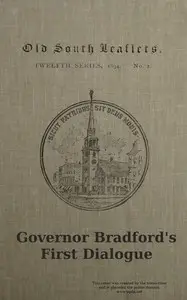
Governor Bradford's first dialogue : $b A dialogue, or the sum of a conference between some young men born in New England and sundry ancient men that came out of Holland and old England, anno Domini 1648.
By William Bradford
In a new land, the wisdom of elders guides young minds as they navigate faith, persecution, and the ever-changing landscape of their church.
Summary
About the AuthorWilliam Bradford was an English Puritan Separatist originally from the West Riding of Yorkshire in Northern England. He moved to Leiden in Holland in order to escape persecution from King James I of England, and then emigrated to the Plymouth Colony on the Mayflower in 1620. He was a signatory to the Mayflower Compact and went on to serve as Governor of the Plymouth Colony intermittently for about 30 years between 1621 and 1657. He served as a commissioner of the United Colonies of New England on multiple occasions and served twice as president. His journal Of Plymouth Plantation covered the years from 1620 to 1646 in Plymouth.
William Bradford was an English Puritan Separatist originally from the West Riding of Yorkshire in Northern England. He moved to Leiden in Holland in order to escape persecution from King James I of England, and then emigrated to the Plymouth Colony on the Mayflower in 1620. He was a signatory to the Mayflower Compact and went on to serve as Governor of the Plymouth Colony intermittently for about 30 years between 1621 and 1657. He served as a commissioner of the United Colonies of New England on multiple occasions and served twice as president. His journal Of Plymouth Plantation covered the years from 1620 to 1646 in Plymouth.


